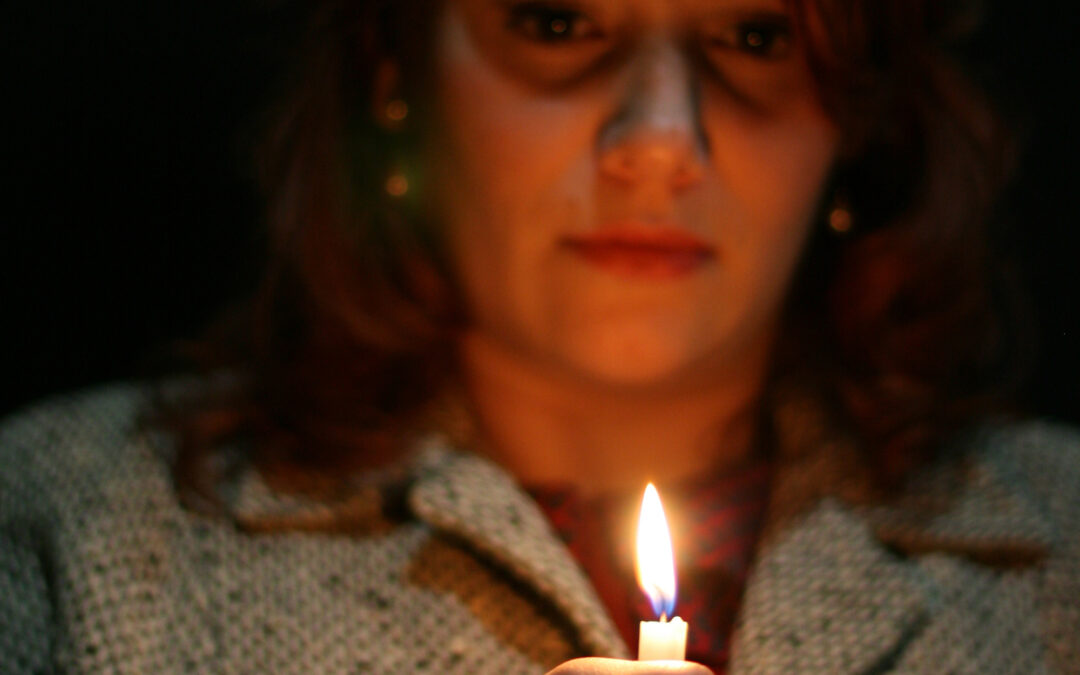Last Tuesday, we held the first read of Tony Kushner’s A Bright Room Called Day. The show was cast a long time ago (we keep having to do that earlier and earlier) so at first it kind of felt like some odd reunion. There are 10 actors in the show, and they all are amazing artists. Joining us that night was some of our design team and our stage manager, Ashley. We also have not one, but two!, dramaturgs on this show, who have helped compile research and will answer many of our questions during the process.
Which leads to a little introduction to this play. Bright Room is Kushner’s first play. 2/3rds of it takes place in 1932 Berlin, during the fall of Weimar Republic (a somewhat centrist democratic government), and the rise of the Nazi party into what would quickly become the Third Reich and the embodiment of what we call evil. The other 1/3 of the play takes place in 1990 Berlin, at the historic reunification of East and West.
Both parts take place in a single apartment. In the 1930s, it is rented by Anges Eggling (Xanadu Bruggers) where it is a cozy place for a group of friends, mostly artists and activists, to take shelter from the storm brewing outside. In the 1990s, it is where we meet Zillah Katz (no relation!), played by Maggie Ballard, a young NY Jew sifting through the past, much like we in the audience are doing with Kushner’s story.
Those familiar with this play might have read the above paragraphs and said, “what what what? Zillah is at her desk, in Greenwich Villiage, ranting about how Ronald Reagan is really Adolf Hitler! What do you mean she’s in Berlin?!?” Don’t worry, calm down, Zillah still rants. And still can’t sleep. Kushner, in the back of the published script, included an alternate take on the Zillah “interruptions” (as he calls them) which were first done at the NY Shakespeare Festival. He gives permission to do this version, and even a version without Zillah (but he accurately points out this makes the play much less dangerous).
The reason I chose the alternate version was not to be different (although there is also something to be said for that when doing a revival.) For some time I was sure we were doing the Zillah-at-her-desk version, as the monologues are hysterically funny/paranoid. Then I realized I really wanted to explore what it meant for Zillah to be in the same room as Agnes, and how exciting that collision of time and space would be on stage. Also, the reunification of Germany, which really can be looked at a step in the burial of the Nazi past, gives a specific time for this character to exist, and a real reason to be exploring what this subject means NOW. Zillah is also free in this version to be a little more real. She picks up a young German (Nick Trengove) who doesn’t speak English, and their lack of communication is funny, sweet and telling.
A Bright Room Called Day, like all of Tony Kushner’s writing, has already proved to be challenging and surprising, in the best possible way. My brain, at the end of each rehearsal, feels fully exercised. We have more questions than answers right now, but we are all excited to make this story our own, and to share it with you.
-bk, 1/28




Where, oh Where can one find a full cast list online?
Right here! https://www.custommade.org/2011/12/06/announcing-the-bright-room-cast/